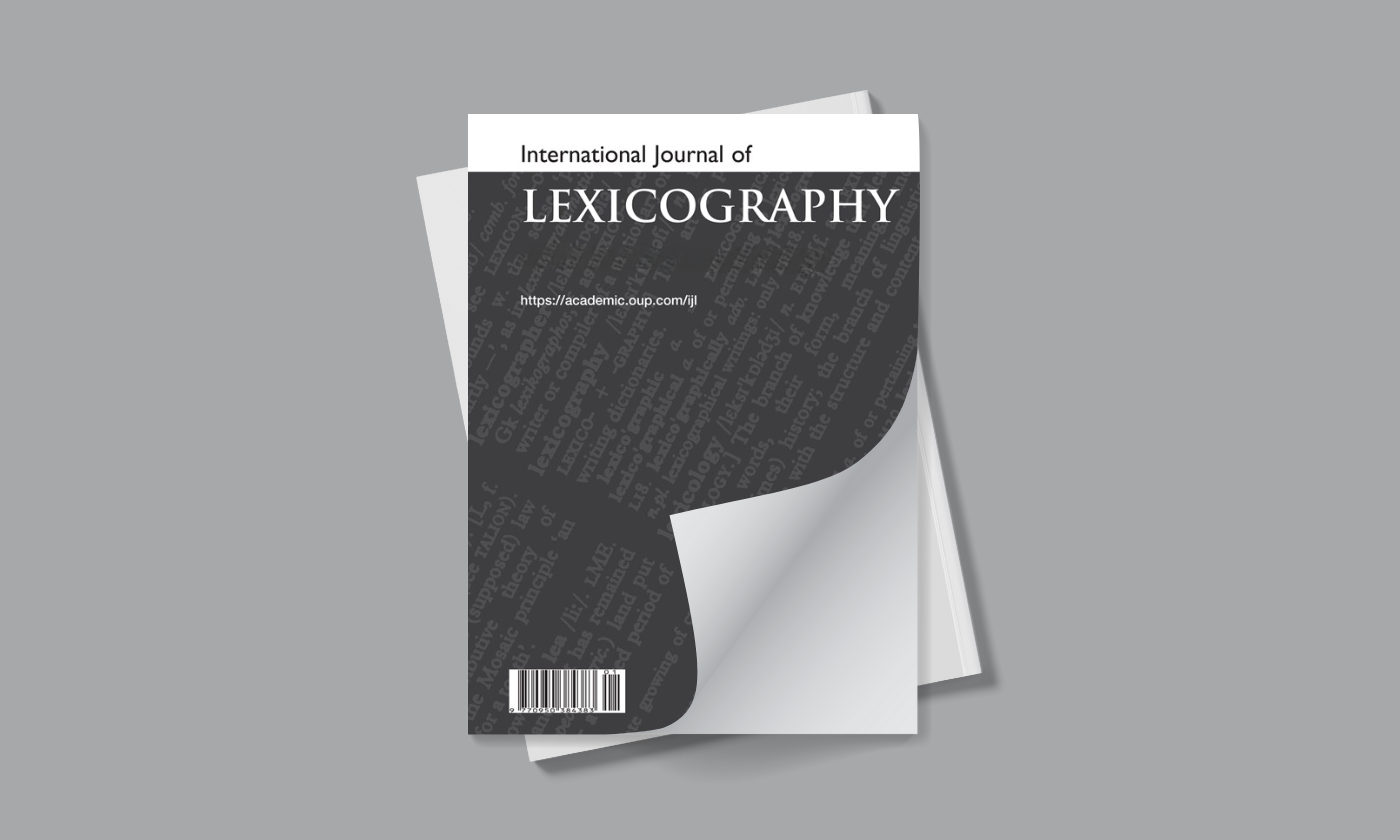“For the Benefit of my Countrymen”: Cultural Context and Lemma Choice in Early 20th-Century Dictionaries for Immigrants

Authors:
- Alenka Vrbinc, University of Ljubljana, School of Economics and Business
- Marjeta Vrbinc, University of Ljubljana, Faculty of Arts
- Donna M. T. Cr. Farina, New Jersey City University
Keywords:
Immigrant dictionary | Lemma choice | Cultural information | Bilingual dictionary | Slovenian–English dictionary | English–Slovenian dictionary
Abstract:
An immigrant dictionary has been defined as a reference work specifically designed for an immigrant audience. The need for dictionaries with this audience has increased, given the movement of peoples in the 21st century. Lexicography requires a deeper understanding of the nature of such dictionaries. In the present study, we delve into lemma choice: Which lemmata should the lexicographer choose to meet the needs of immigrant users? What are the cultural (nonlinguistic) reasons for lemma selection? Why did this lexicographer pick that “strange” lemma? How does the lexicographer’s own background impact upon appropriate lemma choices? To answer these questions, we investigate examples from four Slovenian–English and English–Slovenian dictionaries of the early 20th century, analyzing the cultural context and usefulness for immigrant users.
The Sustainable Development Goals (SDGs) addressed in the article are:
- SDG 4: Quality education
The article is published in:
International Journal of Lexicography (Oxford Academic)
The content is freely accessible at:
"For the benefit of my countrymen": Cultural context and lemma choice in early 20th-century dictionaries for immigrants

